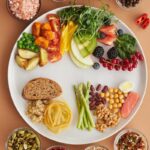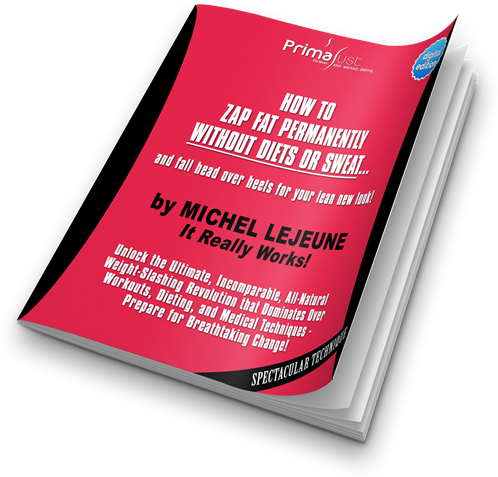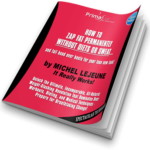Gluten-free diets have gained immense popularity in recent years, with many individuals opting for this dietary approach. However, there are several misconceptions surrounding gluten free diet myth that need to be debunked for a healthier lifestyle. In our previous blog we wrote about Vegan Diet Plan for Weight Loss: 5 Surprising Diet Shortcomings. In this blog post, we will explore the truth behind these myths and provide you with the information you need to make informed decisions about your dietary choices.
Understanding the Gluten-Free Diet
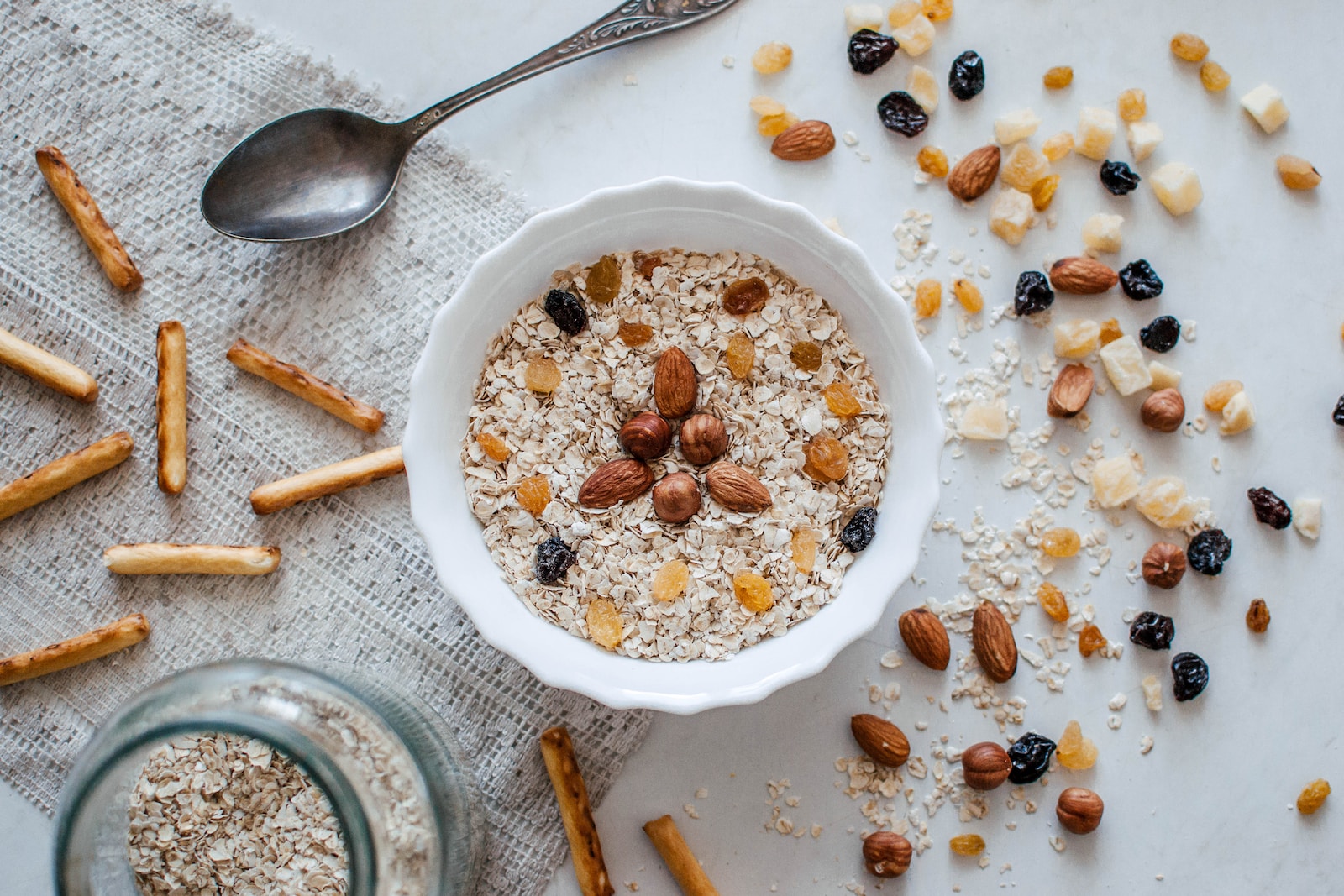 To better comprehend the gluten-free diet, it is essential to understand what gluten is and its sources.
To better comprehend the gluten-free diet, it is essential to understand what gluten is and its sources.
Gluten is a protein found in wheat, barley, rye, and related grains. A gluten-free diet involves eliminating these grains and opting for alternative options.
The primary objective of adopting a gluten-free diet is to avoid gluten-related health issues and promote overall well-being.
Gluten Free Diet Myths
Myth 1: Gluten-Free Diets are Only for People with Celiac Disease
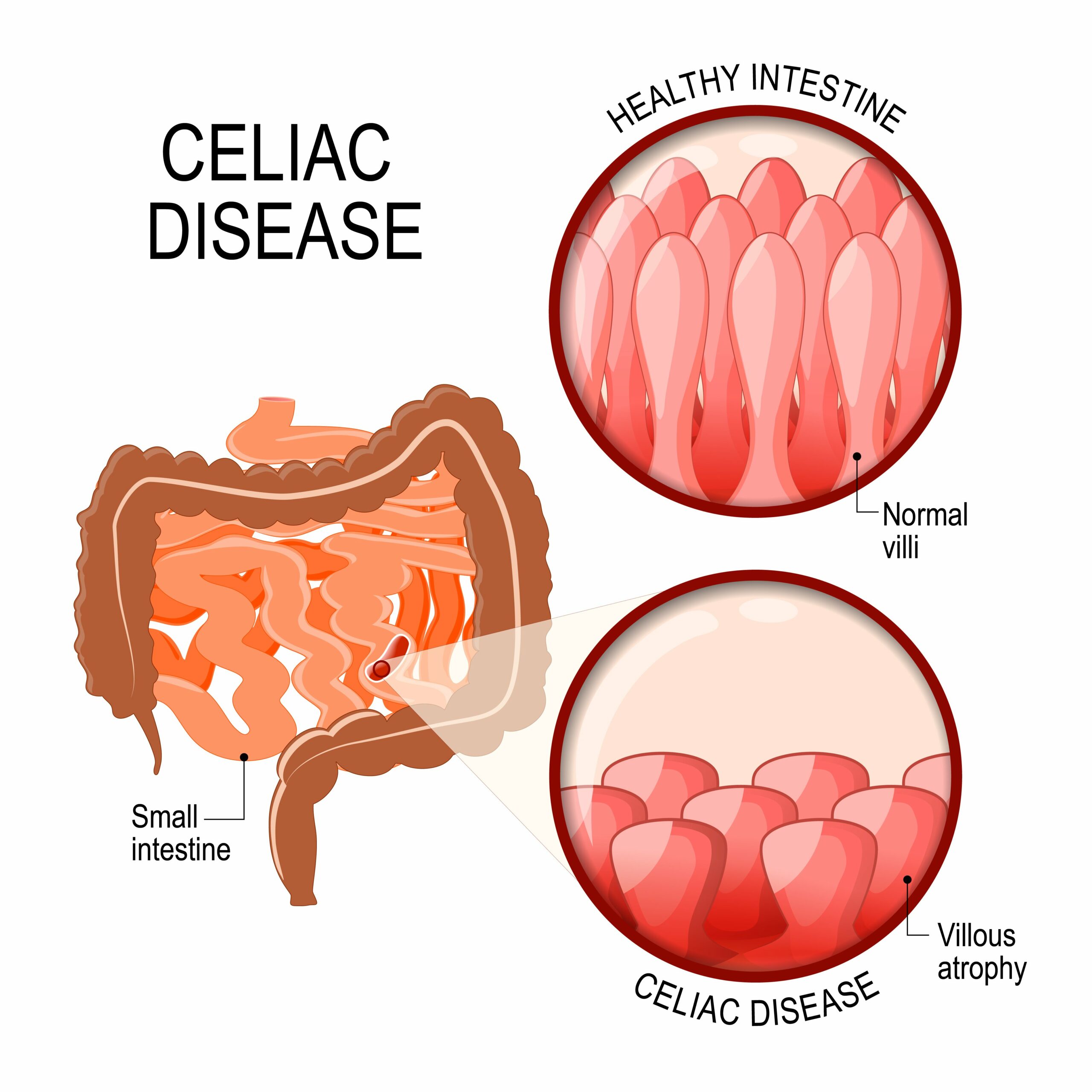 Celiac disease is an autoimmune disorder characterized by an intolerance to gluten, a protein found in wheat, barley, and rye.
Celiac disease is an autoimmune disorder characterized by an intolerance to gluten, a protein found in wheat, barley, and rye.
When individuals with celiac disease consume gluten, their immune system responds by damaging the lining of the small intestine, leading to various symptoms and long-term health complications. It is estimated that around 1% of the population has celiac disease.
While a gluten-free diet is essential for individuals with celiac disease, there are other conditions and reasons why people may choose to adopt a gluten-free lifestyle. These include:
Non-Celiac Gluten Sensitivity: Some individuals experience symptoms similar to those of celiac disease when they consume gluten, but they do not test positive for the disease.
This condition is known as non-celiac gluten sensitivity.
People with this sensitivity can also benefit from a gluten-free diet.
Wheat Allergy: A wheat allergy is an immune response to proteins found in wheat, including gluten.
For individuals with a wheat allergy, eliminating gluten is necessary to avoid allergic reactions.
Irritable Bowel Syndrome (IBS): Some individuals with IBS find that reducing or eliminating gluten from their diet can help alleviate symptoms such as bloating, abdominal pain, and diarrhea.
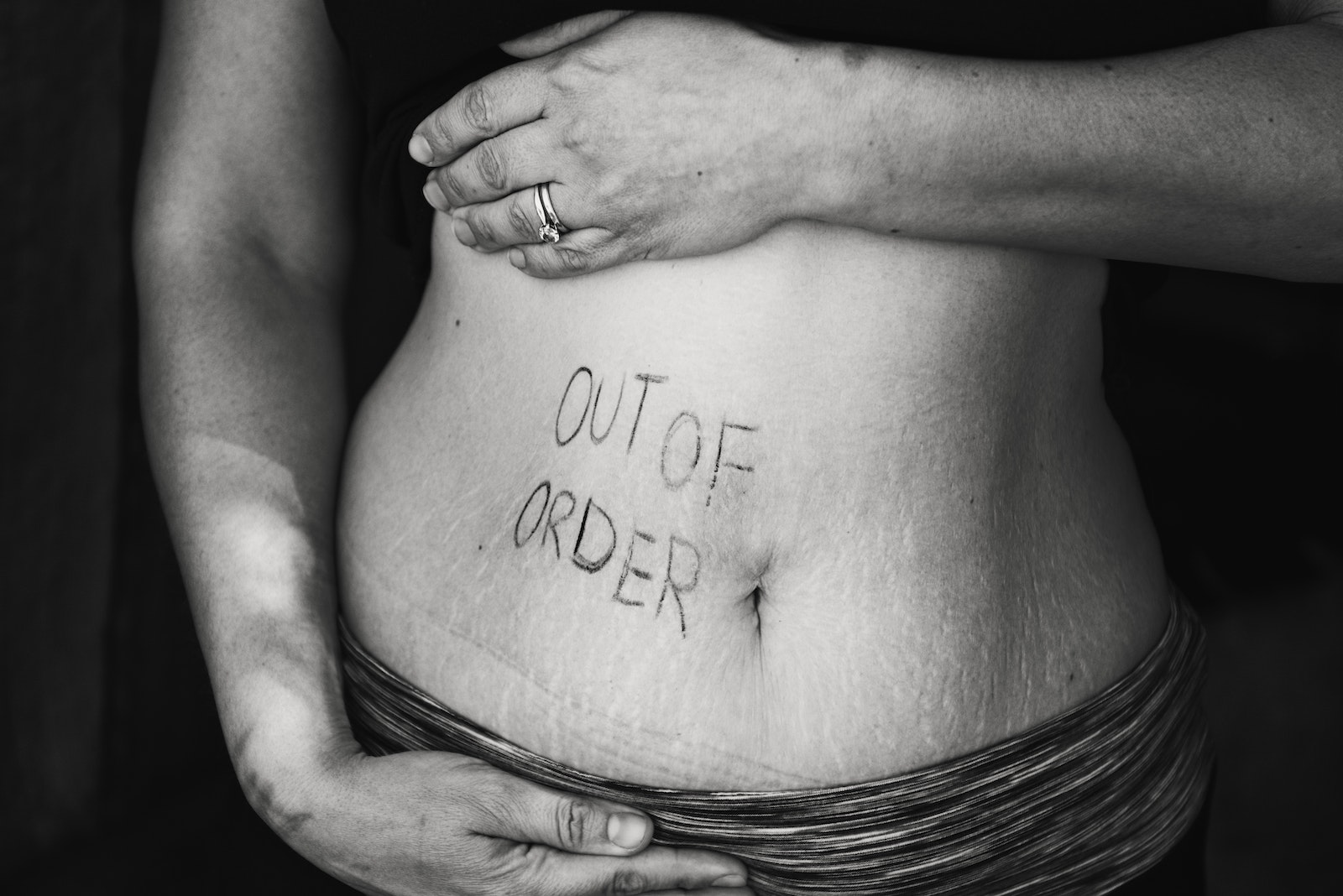 Dermatitis Herpetiformis: This is a skin condition associated with celiac disease.
Dermatitis Herpetiformis: This is a skin condition associated with celiac disease.
A gluten-free diet is the primary treatment for individuals with dermatitis herpetiformis.
While gluten-free diets are crucial for individuals with celiac disease, there is ongoing research exploring potential benefits for other conditions.
Some studies suggest that a gluten-free diet may be beneficial for certain individuals with IBS and non-celiac gluten sensitivity.
However, it’s important to note that more research is needed in these areas to draw definitive conclusions.
Many individuals who have adopted a gluten-free diet due to celiac disease, non-celiac gluten sensitivity, or other reasons report experiencing significant improvements in their overall health and well-being.
Personal stories and testimonials can provide insights into the positive impact a gluten-free diet can have on individuals’ lives, including reduced digestive symptoms, increased energy levels, improved mood, and better quality of life.
Myth 2: Gluten-Free Diets are Automatically Healthier
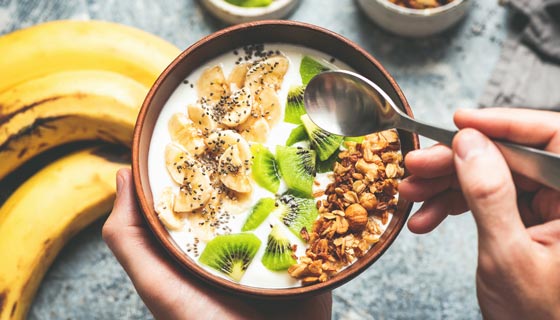 Gluten-free diets often rely on alternative grains and flours such as rice, corn, quinoa, and buckwheat.
Gluten-free diets often rely on alternative grains and flours such as rice, corn, quinoa, and buckwheat.
However, it’s important to recognize that many processed gluten-free products on the market are often highly refined and may contain added sugars, unhealthy fats, and lower levels of certain nutrients compared to their gluten-containing counterparts.
These products can be convenient but should be consumed in moderation as part of a balanced diet.
Like any diet, a gluten-free diet should be balanced to ensure adequate nutrition.
It’s essential to include a variety of whole foods from different food groups to meet nutrient needs.
A balanced gluten-free diet should consist of fruits, vegetables, lean proteins, healthy fats, gluten-free whole grains, and legumes.
Tips for maintaining a healthy gluten-free lifestyle:
Focusing on whole foods: Emphasize whole, unprocessed foods in your gluten-free diet.
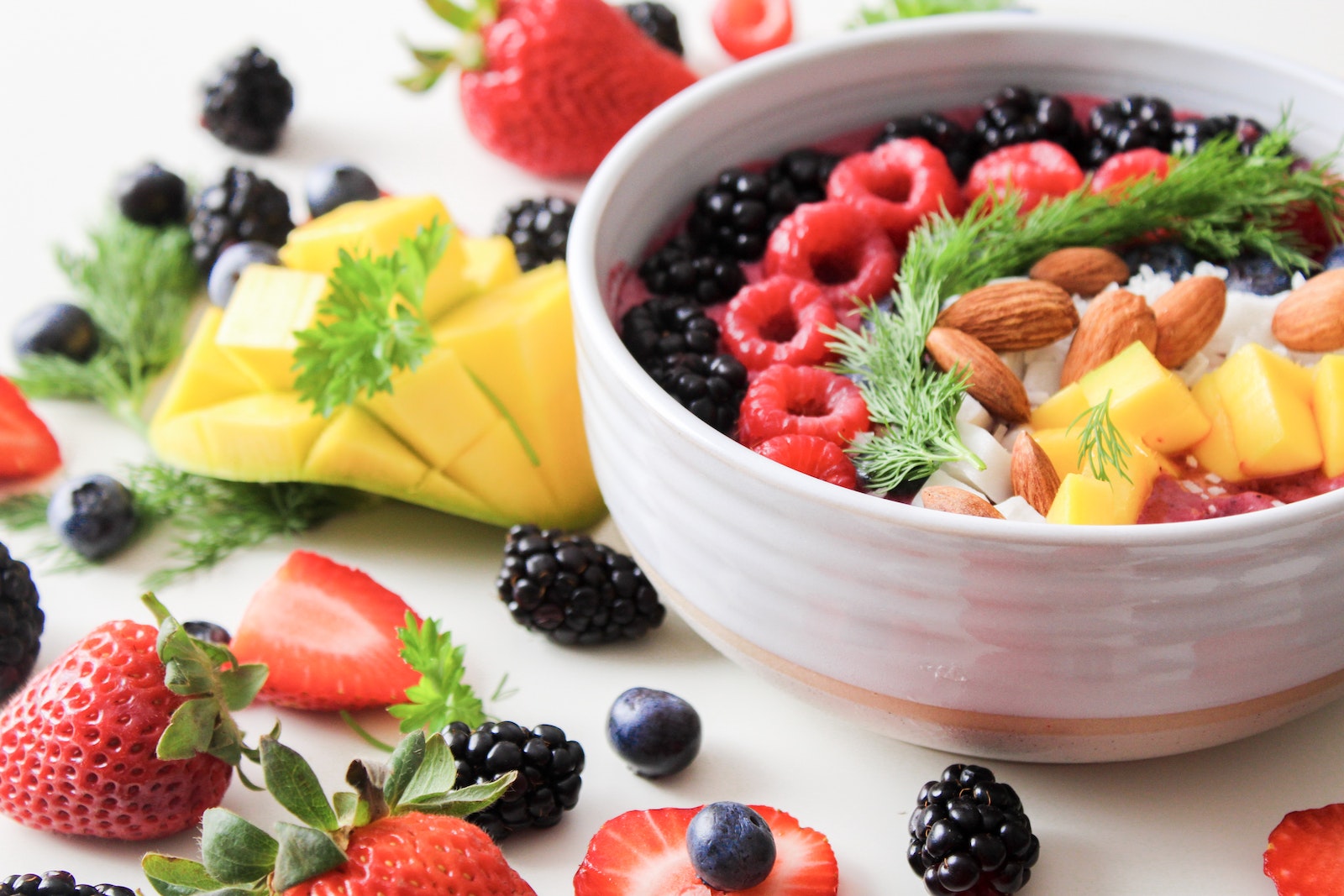
These include fruits, vegetables, lean meats, fish, eggs, dairy products, nuts, seeds, and gluten-free whole grains like quinoa, amaranth, and brown rice.
Reading labels and understanding ingredients: When purchasing packaged gluten-free products, carefully read the labels to ensure they are made from wholesome ingredients and do not contain excessive amounts of unhealthy additives or allergens.
Incorporating variety and nutrients: Aim to include a variety of foods to ensure you’re getting a wide range of nutrients.
Explore gluten-free alternatives such as teff, sorghum, millet, and buckwheat to add diversity to your diet.
Additionally, incorporate nutrient-dense foods like legumes, nuts, seeds, and plenty of colorful fruits and vegetables.
Myth 3: Gluten-Free Diets Lack Nutrients
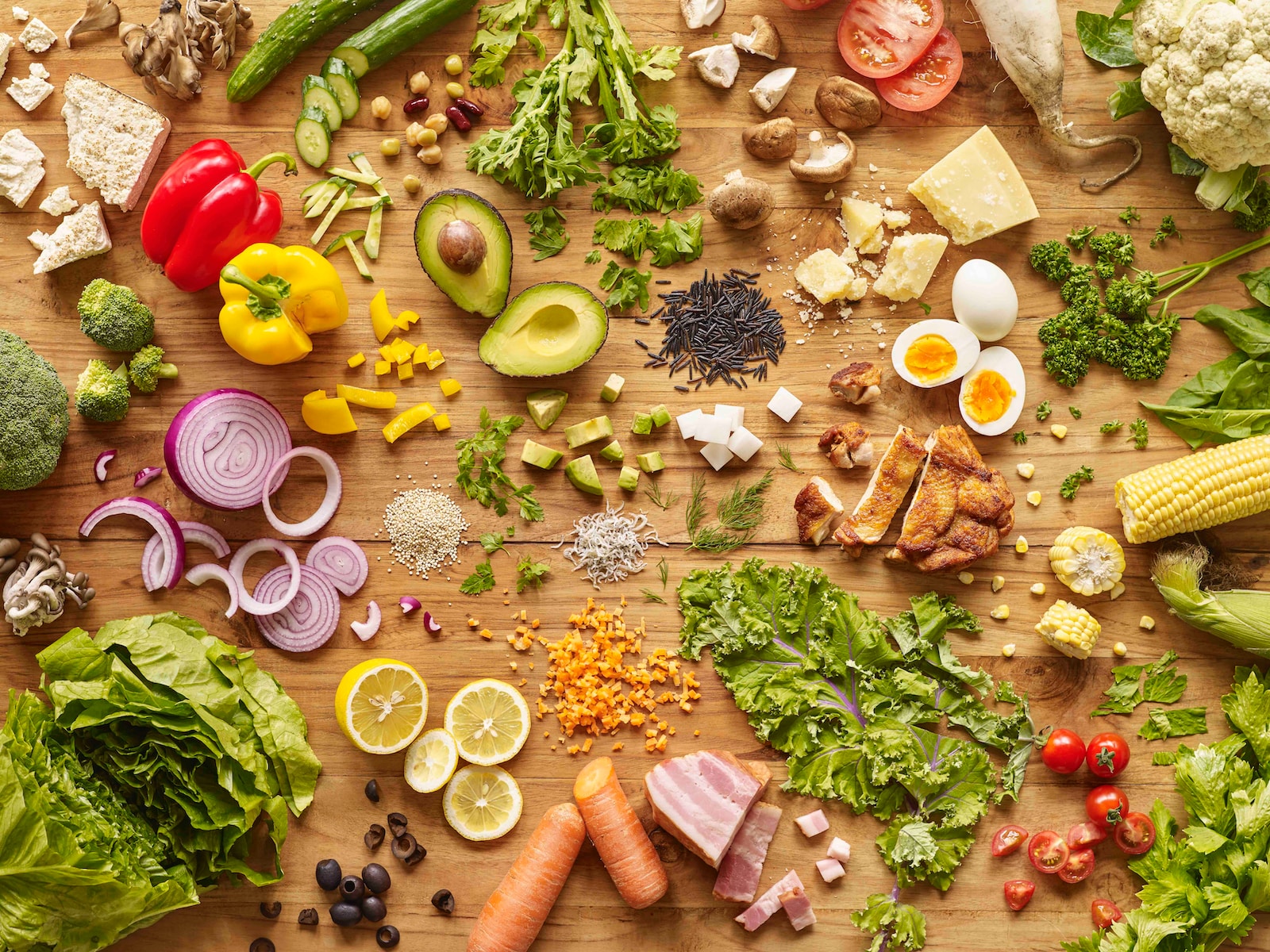 Gluten-containing grains like wheat, barley, and rye do provide important nutrients.
Gluten-containing grains like wheat, barley, and rye do provide important nutrients.
They are a source of dietary fiber, B vitamins (such as thiamine, riboflavin, niacin, and folate), iron, and other minerals.
Gluten-free alternatives such as quinoa, amaranth, brown rice, and gluten-free oats can also provide essential nutrients.
These grains can be good sources of dietary fiber, protein, B vitamins, iron, magnesium, and zinc.
To ensure a well-rounded nutrient intake on a gluten-free diet, it’s important to include a variety of nutrient-dense foods such as:
Fruits and vegetables: These are excellent sources of vitamins, minerals, antioxidants, and dietary fiber.
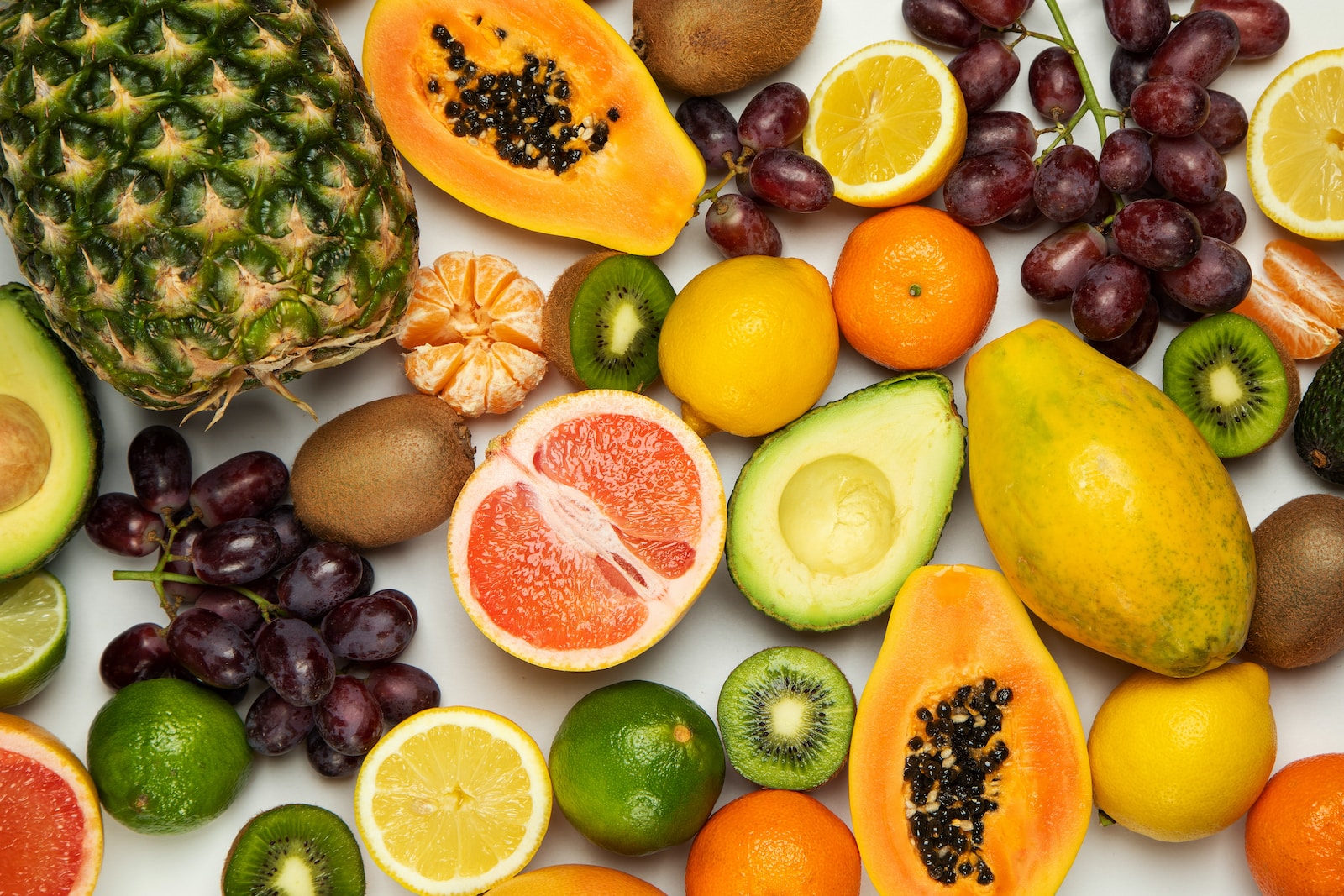 Legumes: Foods like beans, lentils, and chickpeas are rich in plant-based protein, dietary fiber, iron, and other essential nutrients.
Legumes: Foods like beans, lentils, and chickpeas are rich in plant-based protein, dietary fiber, iron, and other essential nutrients.
Nuts and seeds: These are nutrient-dense sources of healthy fats, protein, fiber, vitamins, and minerals.
Gluten-free whole grains: Incorporate gluten-free whole grains like quinoa, amaranth, brown rice, and buckwheat to obtain essential nutrients.
While gluten-containing grains can provide important nutrients, it is not necessary to consume gluten to have a balanced diet.
By carefully selecting and including a variety of nutrient-dense foods from different food groups, individuals following a gluten-free diet can meet their nutritional needs and maintain a healthy lifestyle.
Consulting with a registered dietitian can be beneficial in ensuring a well-balanced gluten-free diet.
Conclusion
In conclusion, it is crucial to dispel the myths surrounding gluten-free diets and provide accurate information for individuals considering this dietary approach.
Gluten-free diets are not only for those with Celiac Disease but can benefit individuals with other conditions or personal preferences.
While gluten-free diets are not automatically healthier, maintaining a balanced gluten-free diet can lead to improved well-being.
By choosing whole foods, reading labels, and incorporating variety, you can ensure a nutritious gluten-free lifestyle.
It is always advisable to consult healthcare professionals for personalized advice regarding your dietary choices.
Embrace the benefits of a gluten-free diet and make informed decisions based on your specific health needs.
Are you intrigued by the potential benefits of a gluten-free diet but worried about myths and misconceptions?
It's time to separate fact from fiction and make informed choices about your dietary journey.
As we've explored the truths behind gluten-free diets, it's clear that they're not just for those with Celiac Disease.
Conditions like non-celiac gluten sensitivity, wheat allergies, and even some cases of irritable bowel syndrome may benefit from going gluten-free.
But here's where the PrimaJust weight loss method comes into play, offering a revolutionary approach to achieving all-natural weight loss without the need for strict diets or grueling exercise routines.
If you're ready to unlock your metabolism and shed those unwanted pounds effortlessly, download our still free report today.
Discover The Exact Method to Unlock Your Metabolism for All-Natural Weight Loss, Enabling You to Lose 1-3 Pounds Per Week Automatically.
Say goodbye to misconceptions and hello to a healthier, fitter you.
Download the report now and start your journey toward effortless weight loss today!
[Source]Free Report
Ready to start your weight loss journey without the hassle? Book your free Weight Loss Clarity Call today.
Unleash your potential with these empowering related blog posts
-
Breaking the Quick Fix Diet Myth: The Harsh Reality of Its Disastrous Consequences
In today's fast-paced world, the desire for instant gratification has seeped into almost every aspect…
-
What is Paleo Diet? Unveiling 6 Powerful Insights
The Paleo diet has gained significant popularity in recent years as a way to improve…
-
Calorie Restriction Diets: Unveiling the Unsustainable Truth
Are you tired of constantly dieting and restricting calories, yet still not achieving your desired…



